Presidential Update Summer 2024
 As I have noted in multiple emails, and even my previous blog post, I find the Iowa Psychological Association to be a vital organization. Personally, it provided a professional home when I was fresh out of graduate school. It gave me a place to meet psychologists from around the state that I likely
As I have noted in multiple emails, and even my previous blog post, I find the Iowa Psychological Association to be a vital organization. Personally, it provided a professional home when I was fresh out of graduate school. It gave me a place to meet psychologists from around the state that I likely
otherwise would not have met, let alone grow to be able to call friends. Although it is not the only place where I continue to learn about psychology and various therapeutic models and interventions, it certainly has taken a central role over the years in providing ongoing education and growth.
Those are the things that I think may be the most obvious about our organization. But, IPA does far more as well. We have had a training program in place for many years, consistently trying to keep psychologists trained in Iowa in Iowa. We have committees and efforts specifically to support early career psychologists. The efforts towards equity, diversity, inclusion, and social justice have certainly buoyed over the years as well. In years past, we successfully pursued an agenda in the State House for psychologist prescription privileges, and we lobbied long for the State legislature to allow those who are sufficiently trained (i.e., provisionally licensed) first to bill Medicaid, and then to bill all insurances. When Covid struck, it became a place where we could discuss with peers how to handle social distancing and a transition to telehealth. Then we lobbied the State to continue to allow telehealth services after required social distancing ended. A few years ago, when one of the Medicaid MCOs was trying to hold small psychology practices to standards set for emergency departments, IPA intervened (by engaging both IME and the attorney general’s office), to get the MCOs to follow the appropriate portion of the Iowa Code. We were involved in repeated meetings with DHS to improve access to care, noting among many other reasons the poor reimbursement rate was driving away providers, and sinking others. Psychology was one of many voices in lobbying for the new process in rate review. In recent years, as insurance companies tried to recoup monies from psychology practices (e.g., in trying to downgrade all sessions from 90837 to 90834, and make the 90834 the standard of care), IPA’s Director of Professional Affairs, along with support from APA and one of the IPA past presidents, successfully turned those efforts aside. Earlier this year, we took on the challenge to collapsing the behavioral health licensing boards, and in that one we lost (though I’m not convinced that fight is over). More recently, after a psychologist was ordered to provide test materials to an attorney in a case, IPA was asked to file an amicus brief with the Iowa Supreme Court to support a strict interpretation of the Iowa Code that allows psychologists to disclose psychological test materials only to other psychologists.
I think it important to update you on that last one, the case in front of the Iowa Supreme Court. In early to mid-June, IPA was approached about a case being appealed to the Iowa Supreme Court. Iowa Code 228.9 prohibits a psychologist from disclosing raw test data and materials to anyone except another psychologist. A psychological evaluation at the University of Iowa Hospital and Clinics involved a victim in a motor vehicle accident who claimed post-concussion changes. The insurance company, apparently trying to dispute the findings of the evaluation, convinced a judge that the psychologist should release both the testing materials and the raw data to the opposing attorney as a part of discovery. The psychologist resisted, citing the Iowa Code, though the psychologist did offer to supply them to a psychologist of their choosing. The issue rose to the level of the Iowa Supreme Court in essence to decide if there are limits to the plain language in the Iowa Code. The Iowa Association of Justice (rather than the case attorneys) asked the Iowa Psychological Association to consider providing an amicus brief to support the continuing restrictions to disclosing psychological test materials and responses to anyone other than another psychologist.
Our DPA (Bethe Lonning), our state lobbyist (Amy Campbell), and I had several conversations about the importance of this case, particularly in light of the ongoing efforts every legislative session to roll back that relevant Iowa Code. We noted that the basis of the case went far beyond that case, and beyond any guild interests we might have. There are significant ethical concerns, access to care and services, patient protection, and test security issues. When I last communicated to IPA membership, I had brought the issue to the Executive Council (EC) to decide whether to fund this endeavor. Ultimately, they voted unanimously to fund up to $25,000 to pay for the amicus brief process. Later, the Iowa Psychological Foundation also voted to provide up to $5000 of that fee.
After the EC provided the go-ahead, we got to work. Ok, actually both Bethe Lonning and I were working prior to that, Bethe in nearly daily contact with APA (trying to convince them to take the lead) and I in contact with IPA leadership and potential attorneys. We then promptly hired the BrownWinick law firm, and we paid an early “retainer” of sorts. We held meetings between APA, our attorneys, and ourselves. I called Pearson Assessments multiple times as well and got them alerted to the case and asked if they would be interested in filing their own amicus as well. I then held meetings and phone calls with the Pearson attorneys as well. APA and members of the IPA leadership made comments and drafts to the amicus, which was then filed with the court at the end of July. After some judicial proceedings, our amicus brief was accepted as filed in response to the case, and after a few changes the Pearson brief was also accepted. Our amicus brief made the following points: 1) disclosure of psychological test materials threatens the ongoing validity of available psychological testing; 2) psychologists’ ethical obligations, reflected and strengthened by the Iowa Board of Psychology’s administrative rules, are tailored to protect the profession’s ongoing ability to use scientifically valid testing materials; 3) psychologists’ ethical and legal obligations protect the public; 4) psychologists cannot claw back the consequences of breaches in psychological test security once a psychological test has been widely circulated; and 5) the Iowa Legislature’s enactment of Iowa Code section 228.9 is well supported by public policy and ethical considerations. We also noted the disclosure of psychological tests materials and test data to non-psychologists is not required under the Iowa Rules of Civil Procedure, and a district court’s discretion to enter a protective order regarding psychological test data and test materials does not provide sufficient protections. The Pearson amicus focused specifically on test security and the implications of distribution of test materials and the prohibitive cost required to create new tests with new normative samples on an even more frequent basis.
The Iowa Supreme Court accepted both amicus briefs. The Court now will make the decision as to whether it will hear the case immediately, or whether it will send the case instead to the Appeals Court. If it goes to the Supreme Court, it would then likely be appealed back to the Iowa Supreme Court. Although IPA through its lawyer did not request time to argue our amicus to the court (which is rarely done in Iowa), we have offered to hold a moot to help prepare case attorneys for the case, including psychologist perspectives.
In the meantime, IPA continued to have conversations with APA about the case, as well as the implications for the status of psychological test disclosure. Somewhat inconceivably, APA’s Office of General Counsel did not want to take a lead on the case as they stated they did not have a clear policy on test security. Although APA continually states Iowa has one of the strongest if not the strongest test security law in the country, they wanted us to take the lead. In response, a new business item was presented to the council in August for a test security policy, which was well represented by our APA representative Dr. Paul Ascheman. My understanding is that it created quite the fervor at APA, and we received a great deal of support. He reported that ultimately APA decided to table the policy until the February meeting so all the issues and repercussions could be studied carefully. But, in order to support Iowa explicitly, a resolution was drafted and accepted to fully support us in the current supreme court endeavor as well as to assist with any legislative initiatives that may arise in the coming term. And more directly to the point, Dr. Lonning recently submitted the paperwork for our reimbursement of the attorney fees, and APA has confirmed that they will be paying our attorney fees for this endeavor. APA’s Board of Directors will be formally voting on this action at their meeting scheduled for September 17, 2024.
So, does anyone truly have any doubt that Iowa (okay, IPA anyway) has the capacity to lead the nation when the situation is right? It appears as a result of an external threat to our profession, we are doing just that (yes, with a little help from our friends). We obviously do not know if our arguments will prevail in front of the Appeals or Supreme Court, but we do know that we have risen to meet the demand of the occasion.
And I return to the original paragraphs of this blog: IPA can serve a vital role to our profession, to our growth and development, and to the well being of the citizens of our state, and in the most recent case, our county. I do not think that is overstated. So now we need to again ask ourselves about what IPA means, and what we are willing to do to continue to support its mission. For a second year in a row, we do not have anyone willing to step up to become president elect. Is our organization in danger of dying? Is it only active leadership that takes ownership of our profession and where we are headed? I believe the answer to both is no. But, we do need to examine how we either 1) encourage and develop future leadership or 2) how we scale back and reorganize what we do. I am hoping that someone will yet step forward to become President Elect next year. But if not, very soon we will need to examine how IPA responds to the lack of sufficient volunteers. If you are able to step forward to serve currently, please let one of us know. If you have questions, feel free to ask. If you are not yet able to step forward, but you have insights into the dilemma we face, please email me, or anyone in IPA leadership, to share your insights.
I’ve heard that getting psychologists to act as one is like herding cats. We know that is not true, at least when we want to work together. We’ve shown that. Let’s find ways to show more as well.
Dave
Begin paid content




 IPA’s mission is to promote the science and practice of psychology for the benefit of all Iowans. Our volunteer leaders and paid contractors have been working hard in 2023 to carry out that mission in alignment with our
IPA’s mission is to promote the science and practice of psychology for the benefit of all Iowans. Our volunteer leaders and paid contractors have been working hard in 2023 to carry out that mission in alignment with our 
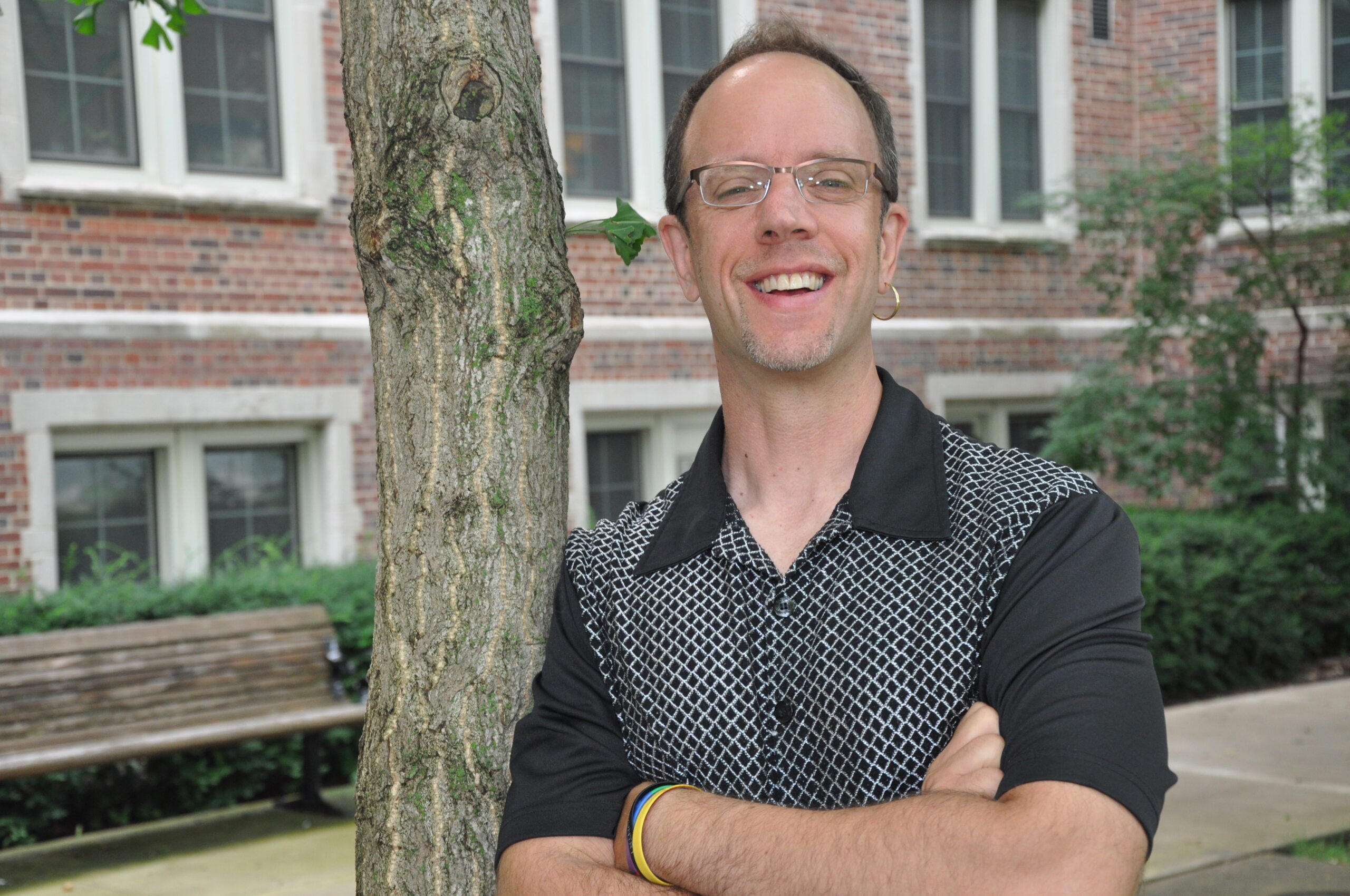
 We are in a time of significant legislative challenge focused on Iowa citizens who are transgender/non-binary (TGNB). Recent changes to Iowa law include, amongst several actions, prohibiting youth who are TGNB from accessing gender affirming medical care. This creates challenges for psychologists who work with youth who are TGNB and their family and friends.
We are in a time of significant legislative challenge focused on Iowa citizens who are transgender/non-binary (TGNB). Recent changes to Iowa law include, amongst several actions, prohibiting youth who are TGNB from accessing gender affirming medical care. This creates challenges for psychologists who work with youth who are TGNB and their family and friends.




 The Membership Committee strives to increase member participation in activities that promote the IPA mission and Strategic Plan. A primary Membership Committee objective is to assist IPA’s standing committees in reaching their desired capacities. Over the past year, our Finance, Psychopharmacology, and Diversity and Social Justice committees have benefitted from the participation of some of the newest IPA members, including student members. This effort has been greatly appreciated. Meanwhile, the majority of IPA committees continue to seek members.
The Membership Committee strives to increase member participation in activities that promote the IPA mission and Strategic Plan. A primary Membership Committee objective is to assist IPA’s standing committees in reaching their desired capacities. Over the past year, our Finance, Psychopharmacology, and Diversity and Social Justice committees have benefitted from the participation of some of the newest IPA members, including student members. This effort has been greatly appreciated. Meanwhile, the majority of IPA committees continue to seek members.

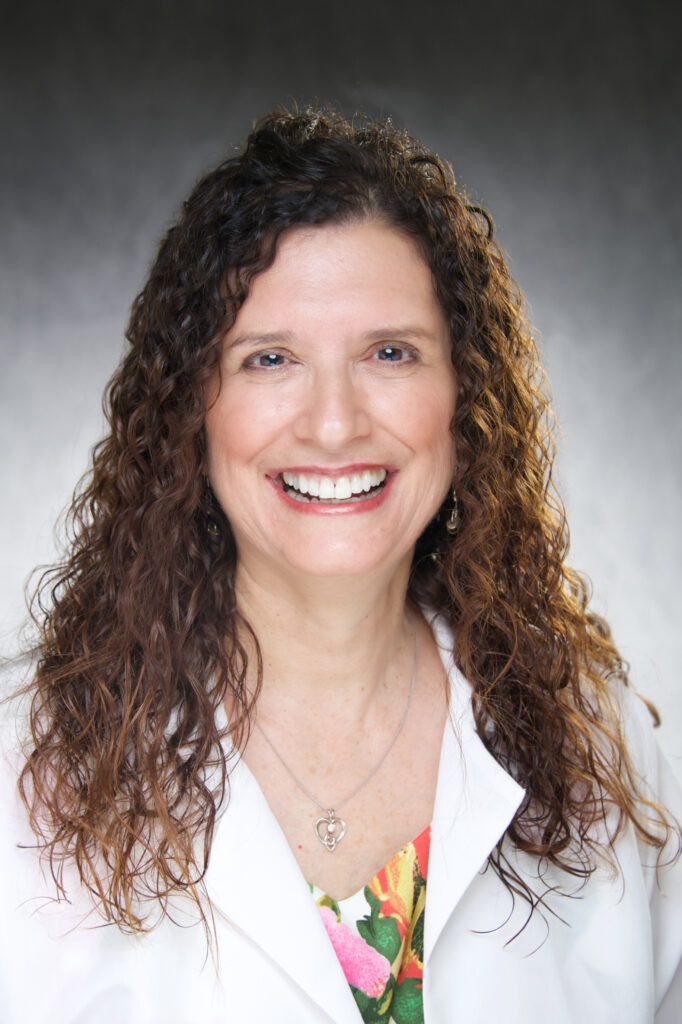

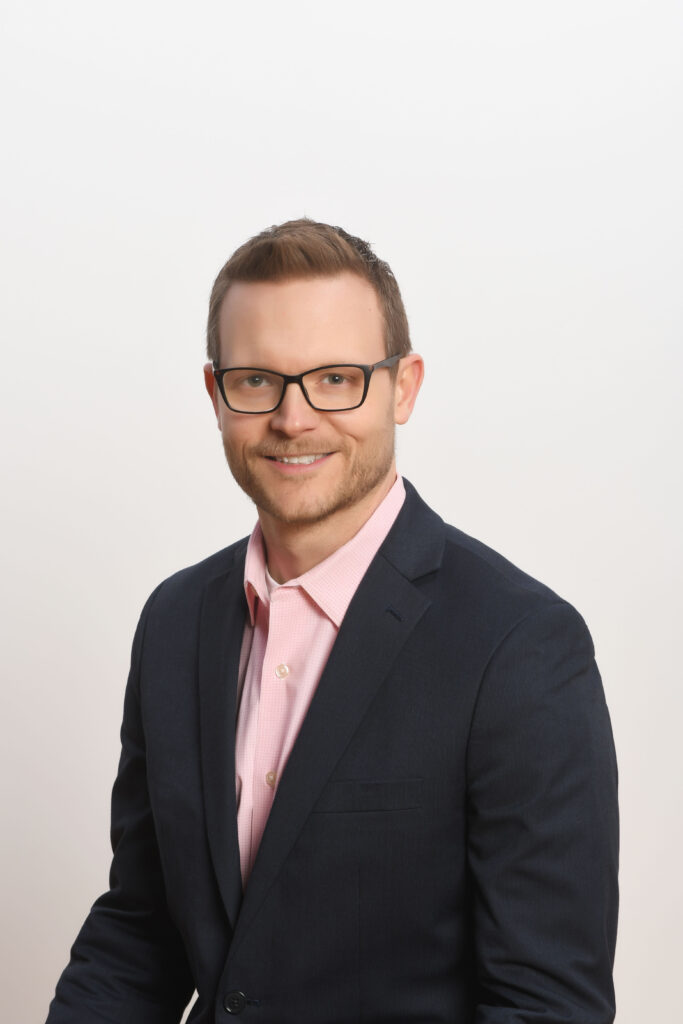

 I wanted to introduce myself and say a bit about my role in the IPA. I have been a member of IPA since I joined as a student, under the encouragement of my major professor, Dr. Norm Scott. During that time, I have been so grateful for the community IPA has provided.
I wanted to introduce myself and say a bit about my role in the IPA. I have been a member of IPA since I joined as a student, under the encouragement of my major professor, Dr. Norm Scott. During that time, I have been so grateful for the community IPA has provided.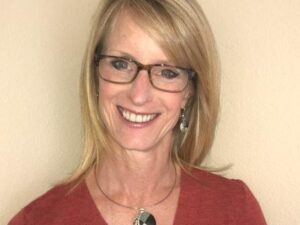 Like Scott, my goal is to best represent members’ concerns, wishes and goals. I am a 3rd year rep filling a vacancy created when Dr. Joy Goins-Fernandez assumed another leadership role for IPA.
Like Scott, my goal is to best represent members’ concerns, wishes and goals. I am a 3rd year rep filling a vacancy created when Dr. Joy Goins-Fernandez assumed another leadership role for IPA.
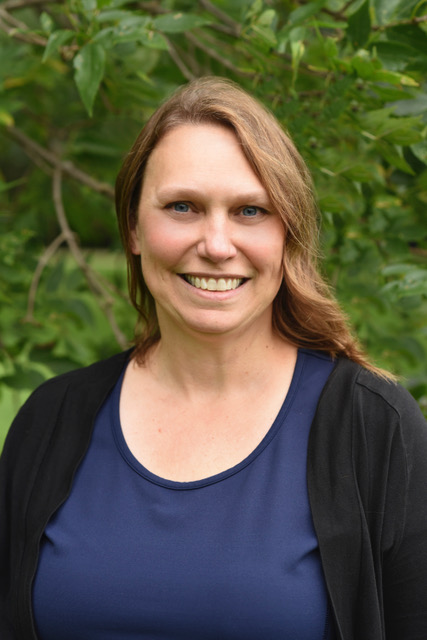
 My road to becoming a prescribing psychologist really started many, many miles ago when I was in graduate school. Even way back then, in the early 1990s, I found a class on psychopharmacology taught by a local psychiatrist fascinating and the information was very useful in my early practice. Fast forward to the 2000s, when IPA first had members interested in pursuing advocacy for prescriptive authority. Through the years, I worked with Dr. Bethe Lonning and Dr. Greg Febbraro to advocate for the law granting us the right to prescribe medication with a limited formulary and additional training after our doctoral degrees. I completed the Farleigh Dickinson University Master of Science in Clinical Psychopharmacology (MSCP) program, graduating in 2011. I passed the Psychopharmacology Examination for Psychologists (PEP) in 2012. It would seem like that’s where my road would end, at a happy RxP place- but no! After helping to pass the legislation granting prescriptive authority for psychologists in Iowa in 2016, it took three years for us to negotiate rules to support the law with the Board of Medicine. The rules were not finalized until 2019, meaning that my 5-year window from the time of graduation to the time to apply for a conditional license was already passed.
My road to becoming a prescribing psychologist really started many, many miles ago when I was in graduate school. Even way back then, in the early 1990s, I found a class on psychopharmacology taught by a local psychiatrist fascinating and the information was very useful in my early practice. Fast forward to the 2000s, when IPA first had members interested in pursuing advocacy for prescriptive authority. Through the years, I worked with Dr. Bethe Lonning and Dr. Greg Febbraro to advocate for the law granting us the right to prescribe medication with a limited formulary and additional training after our doctoral degrees. I completed the Farleigh Dickinson University Master of Science in Clinical Psychopharmacology (MSCP) program, graduating in 2011. I passed the Psychopharmacology Examination for Psychologists (PEP) in 2012. It would seem like that’s where my road would end, at a happy RxP place- but no! After helping to pass the legislation granting prescriptive authority for psychologists in Iowa in 2016, it took three years for us to negotiate rules to support the law with the Board of Medicine. The rules were not finalized until 2019, meaning that my 5-year window from the time of graduation to the time to apply for a conditional license was already passed.